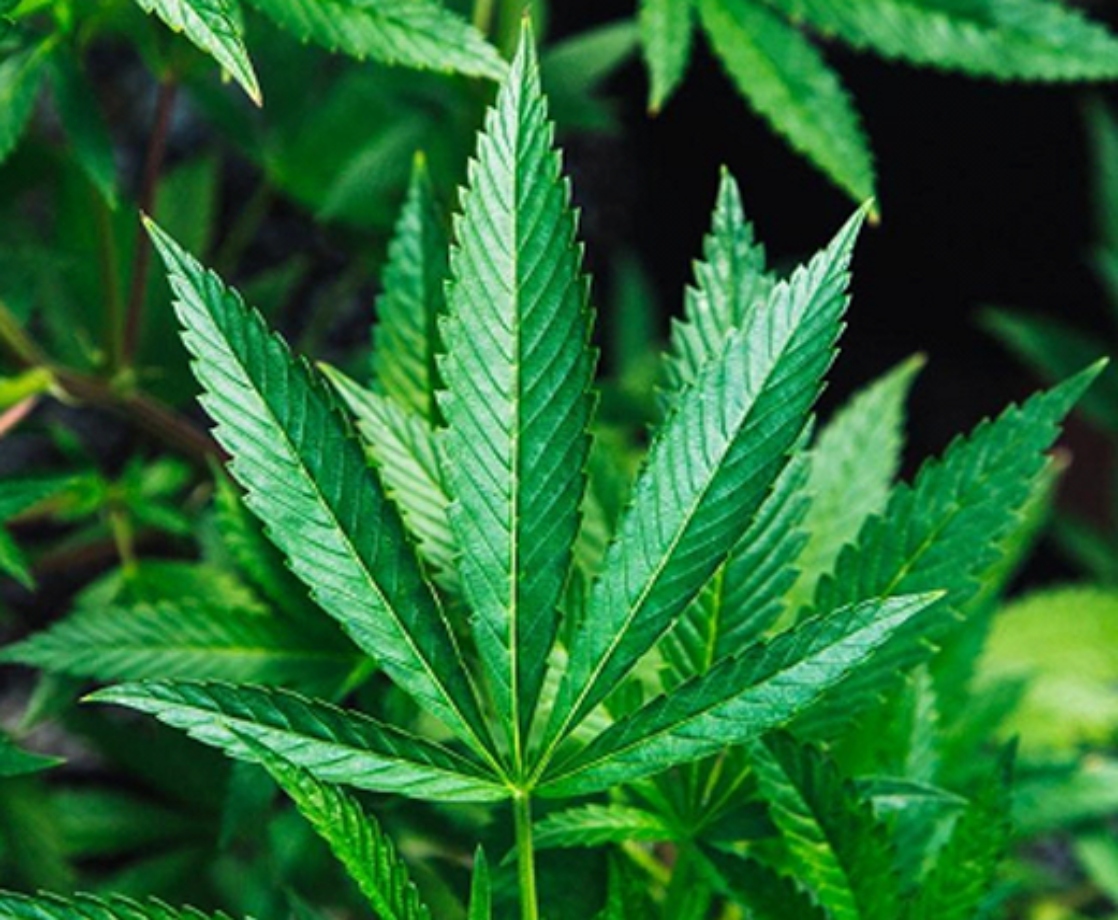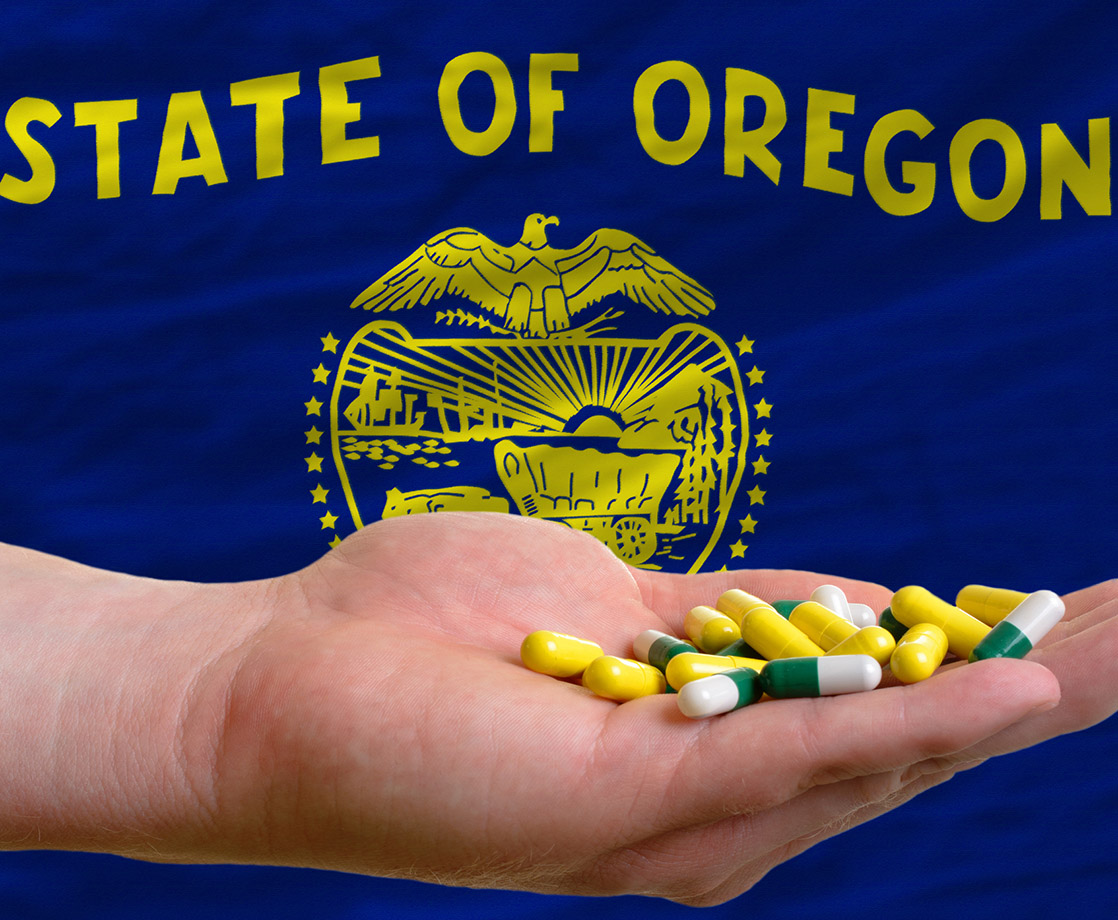Nearly 6 million Americans are living with Alzheimer’s disease (AD) today, and by 2050, it is estimated that this number could rise to almost 14 million. Pharmaceutical companies have been working hard to create medicines that can treat the symptoms of this disorder, but without much success. There are currently four medicines on the market that are approved by the Food and Drug Administration to treat memory loss associated with AD, but none of these drugs have proven effective.
As the pharmaceutical industry continues to explore traditional medicines, other researchers are looking to natural remedies for a solution. Dr. Ethan Russo, neuroscientist and director of research and development at the International Cannabis and Cannabinoids Institute, has been at the forefront of a new wave of researchers exploring how cannabis can treat a wide variety of ailments, including AD.
The cannabis plant contains over 120 different chemical compounds called cannabinoids, including THC and CBD, along with a host of lesser-known compounds. When ingested, cannabinoids interact with the body’s endocannabinoid system (ECS), which regulates most physiological systems in the body, including those responsible for immune response, pain, and sleep. Researchers have discovered that the ECS is disrupted in patients suffering from AD and similar disorders.
Like CBD, THC offers a number of unique medical benefits, but access to this cannabinoid remains highly restricted because this compound is largely responsible for the “high” associated with smoking pot. Many researchers have been reticent to explore THC-based treatments due to concerns over the psychoactive effects of this cannabinoid, but Dr. Russo believes that the “entourage effect” created by consuming THC and CBD together can help mitigate these concerns.
In an interview with Project CBD, Russo described the entourage effect as a symphony “where you might think of THC as the soloist with an important part provided by [CBD], but you also have these other components producing a harmony that really increases the overall effect and makes hopefully the best possible medicine.”
“When CBD is combined with THC [there] is a blunting of the peak high,” Russo explained. “If someone smoked material with both THC and CBD, they’re not going to get quite as high as they would with THC alone. But, much more importantly, the effect is prolonged.”
Because of this effect, an oral preparation containing both of these cannabinoids could be taken two or three times per day, as opposed to a smokable form of cannabis, which might need to be used every two hours due to the “peaks and valleys of activity” caused by higher THC concentrations.
Russo believes that now is the time to begin clinical trials exploring how these cannabinoids can treat Alzheimer’s.
“Both THC and CBD have been shown to interfere with the production of abnormal toxic matter in the brains of such patients,” he explained. “This is quite exciting, inasmuch as synthetic drugs designed for similar purposes have yet to advance in the clinic. Both THC and particularly CBD are known neuroprotective agents that hold the potential to slow or perhaps even halt the degenerative process.”











